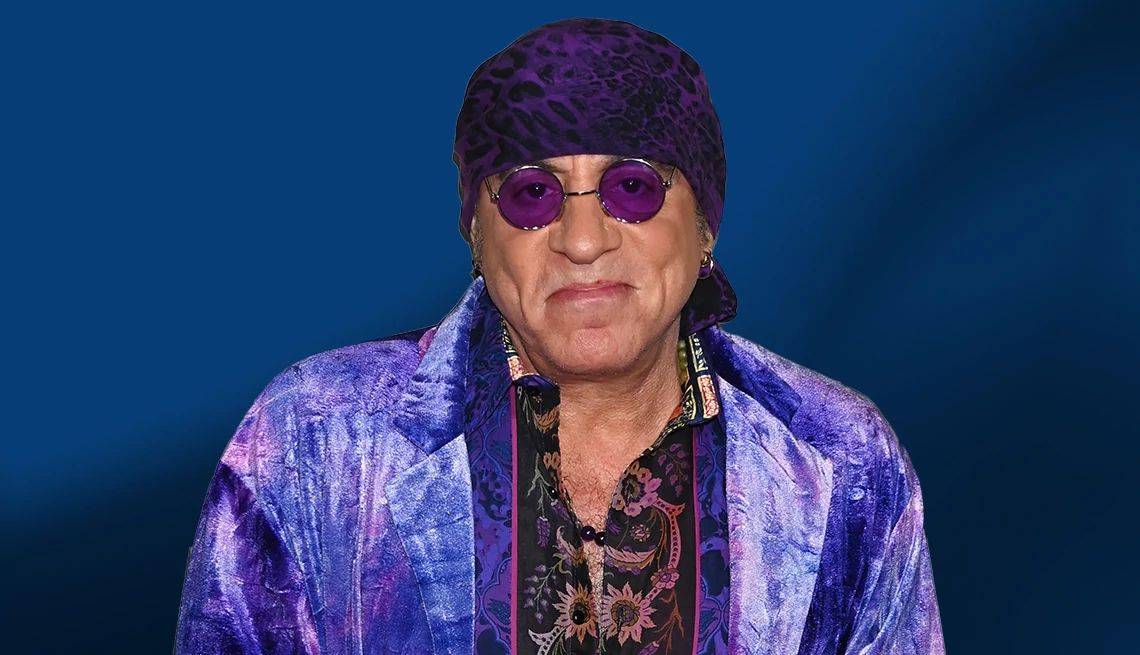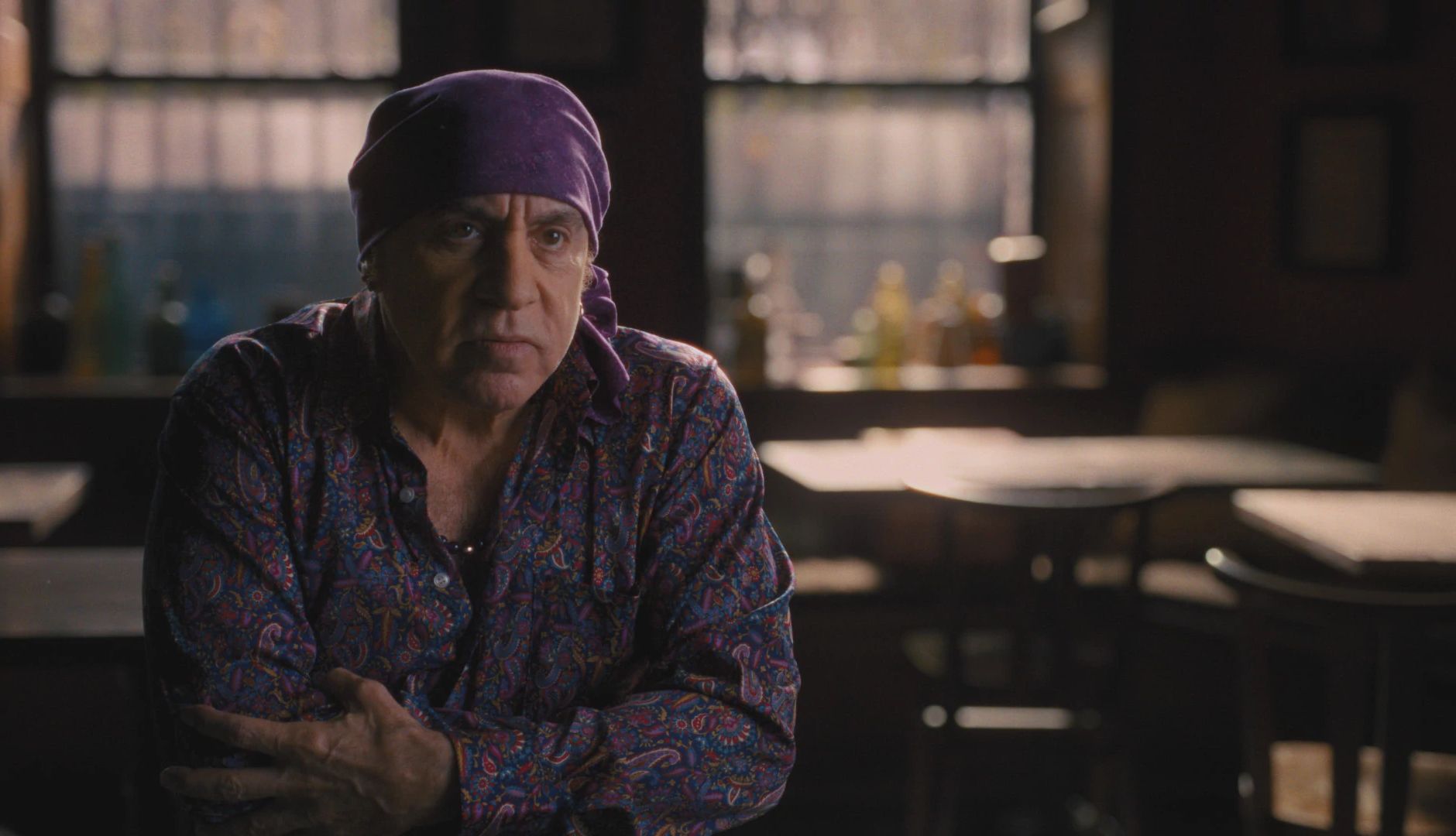AARP Hearing Center


Musician, writer, producer, actor, director, DJ, activist and author Steven Van Zandt, 73, can’t stop talking. “I’ve recently become the documentary king,” Van Zandt says, joking. He’s certainly earned that crown with three new documentaries. The newest is Hulu’s Road Diary: Bruce Springsteen and the E Street Band, debuting Oct. 25. He’s also in two documentaries on Max — Wiseguy: David Chase and The Sopranos, where he talks about all things Sopranos, and Stevie Van Zandt: Disciple, where he offers up his own band’s story. And if that weren’t enough, he’s also currently on a world tour with Springsteen and the E Street Band through July 2025. The guitar virtuoso shares the secret to rock ’n’ roll “vitality,” the joy of his date nights at the ballet with his wife, actress Maureen Van Zandt, 72, and which of his songs are his personal favorites.
This interview has been edited for length and clarity.
It was inspiring to watch Road Diary and see you and the E Street Band start to find your groove again after quite a few years off. How was it getting back out there?
It was great. You’re going to make that transition slowly, because it’s a radical transition. People don’t seem to realize — you go from shopping at the grocery store or taking the garbage out or walking your dog, and suddenly you’re performing in front of 50,000 people. It requires a minute to make that adjustment.
What’s different about the shows this time around?
We wanted to make sure that this particular tour, which was [based on] an extraordinary album, Only the Strong Survive, was very focused. The most focused I’ve ever seen Bruce as far as the theme of the show, of the album. The Rising was certainly in that ballpark, but this one maybe even more so.... The theme was very specifically mortality ... with [Bruce] being the last man standing from his original band, the Castiles. And that mortality struck a chord with the audience. Certainly the older parts of the audience. We wanted to make sure we balanced that out with vitality.
What’s your approach to aging?
I don’t know if it’s been recognized yet or acknowledged, but a very fascinating thing has taken place lately with this generation and the last couple generations. When I grew up, I didn’t know many people past their 60s. Our grandparents, everybody was retired near 60 and many people in senior citizens’ homes and coming to the end of their lives. And now, I personally know 20 or 25 people in their 80s performing on stage. OK, so we’ve not only extended our lifespan, we’ve extended our productive lifespan. I don’t think people have really acknowledged this yet.
What do you think is behind this longevity?
It’s a remarkable thing. I attribute it to rock ’n’ roll, personally. The rock ’n’ roll thing was a youth-oriented art form that just infused everybody with this youthful DNA — that’s just kept everybody going. My friend Dion DiMucci — he’s 85, and his last three albums, all of which he did in his 80s, are his biggest albums ever. And he’s still rocking and going along with the Broadway show [The Wanderer] we’ve just written about him ... and he’s as vital as he’s ever been.






























































You Might Also Like
How Shemar Moore Found His Lane
Actor says he's 'defied the odds and found my lane and refused to quit'
For Andrea Bocelli, Music Reflects His Passion for Life
Beloved tenor sees each day ‘as an infinite series of unforgettable moments’Donnie Wahlberg: Hanging Tough and Feeling Fortunate
As ‘Blue Bloods’ wraps up, the star looks back on his diverse career and forward to a New Kids residencyRecommended for You